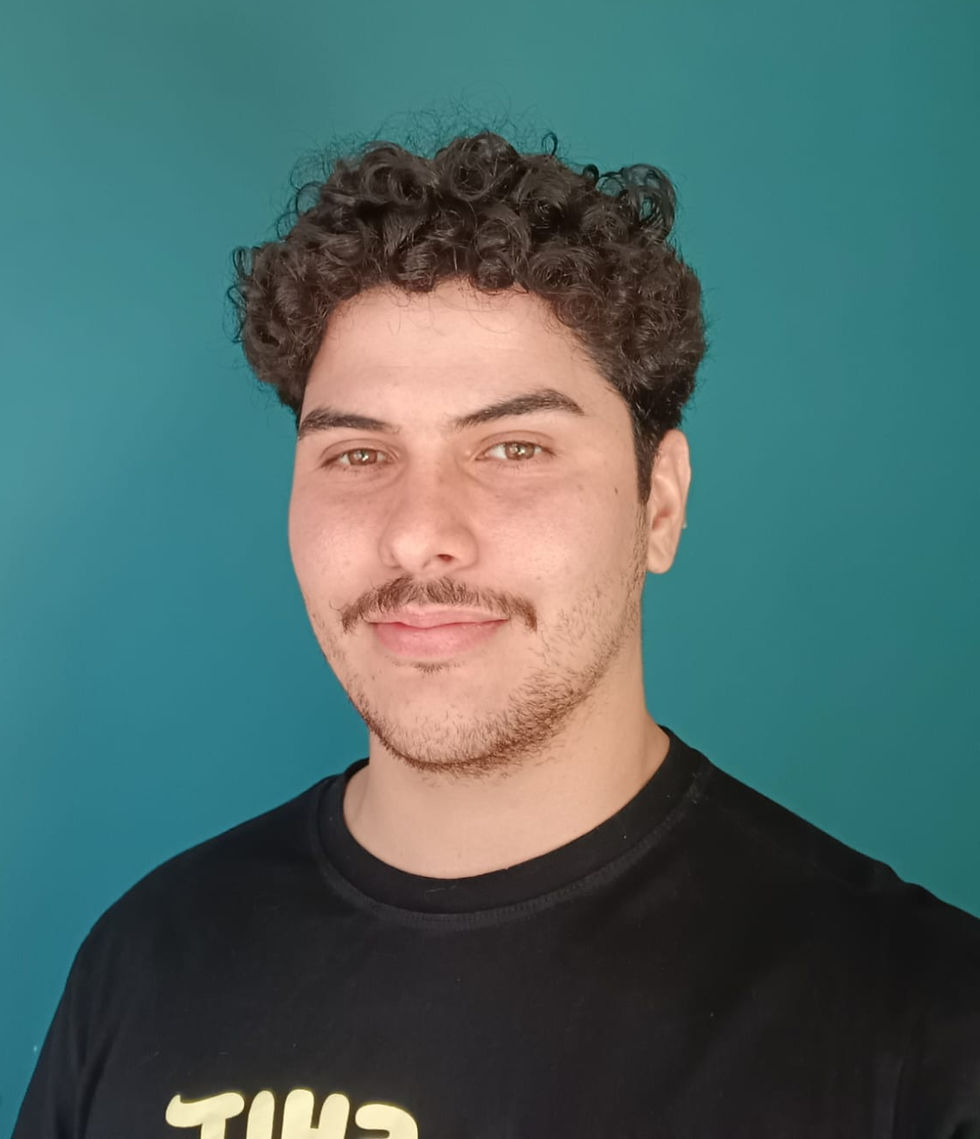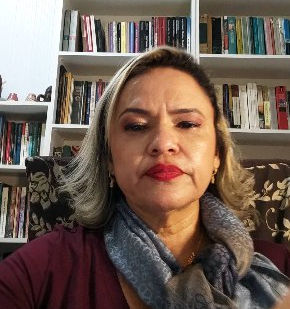Aruanã Pan-Amazonian Institute
.png)
The name Aruanã, inspired by the Amazonian fish known for its strength and resilience, symbolizes the pillars that support the organization: protection, surveillance, and transformation. The Institute's model is based on transparency, responsible innovation, and respect for diversity.
Objective
Adopt innovative methodologies to address contemporary challenges – from socio-environmental and climate impacts to inequalities and weaknesses in democratic institutions – integrating scientific rigor with respect for traditional knowledge in promoting sustainable and fair solutions.
Mission
Strengthen local governance, promote interdisciplinary research, and promote socio-environmental and climate justice in the Pan-Amazon region.
Vision
To be a reference in amplifying the region's demands in decision-making and knowledge production spaces, contributing to the formulation of public policies that reflect the complexities and challenges of the Amazon.
Values
• Social and Climate Justice
• Responsible Innovation
• Equity

We seek to fill a gap in the research and advocacy landscape for the Pan-Amazon region. Unlike many organizations that approach the region from the outside in, Aruanã is an initiative born and developed in the Amazon, by Amazonians, ensuring a genuine perspective and commitment to local realities.
Board of Directors

Ananda Ridart
Diretora Executiva
ocial and political scientist, journalist, data scientist, and PhD candidate in Political Science at the Federal University of Minas Gerais (UFMG), with a focus on the Pan-Amazon and Latin America. She has extensive experience in the nonprofit sector and global climate negotiations, including participation in the COP process. She works in the strategic and institutional management of Aruanã, ensuring innovation, financial sustainability, and the expansion of networks and partnerships.

Israel Araujo
Research Director
Anthropologist and PhD candidate at the University of Brasília, with a dual academic background in Biology and Ecology from the Muséum National d’Histoire Naturelle (France). A specialist in traditional Amazonian communities and local productive arrangements, he conducts socioeconomic and cultural research and develops strategic assessments to inform public policies.

Luiza Aikawa
Project Director
Political scientist and PhD candidate with a master's degree in Political Science (UFMG/UnB), specializing in research methodologies and data analysis for public policy. With experience at IPEA, IBPAD, and FLACSO-Brasil, she has experience coordinating programs, transforming complex data into strategies, and developing solutions to reduce social inequalities.
Board of Directors
Advisory Board
Advisory Board
Advisory Board

Gabriela Beltrão
National Coordinator of the Climate and Clean Air Coalition (CCAC/UNEP)
Team

Jonatas Aguiar
Researcher
_edited.jpg)
Luísa Borges
Researcher

Ágata Poliany Abreu
Researcher
%2014_10_edited.jpg)
Alan Brito
Researcher

Yuki Murakami Lima
Researcher

Pedro Santos
Researcher

Josiane Silva
Researcher

Ana Matos
Researcher

Marliane Ribeiro
Researcher

Ana Nascimento
Researcher
Team
%201.png)


.png)





_edited.jpg)






.png)